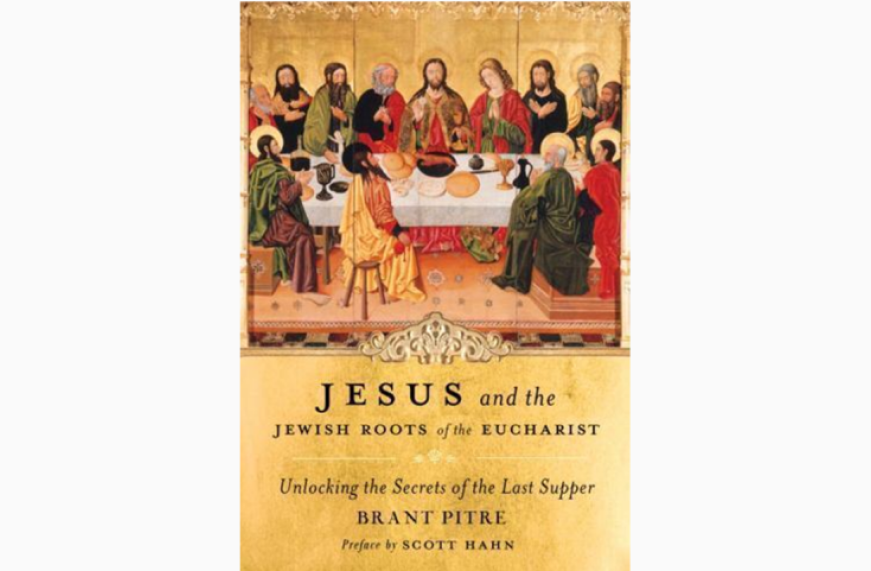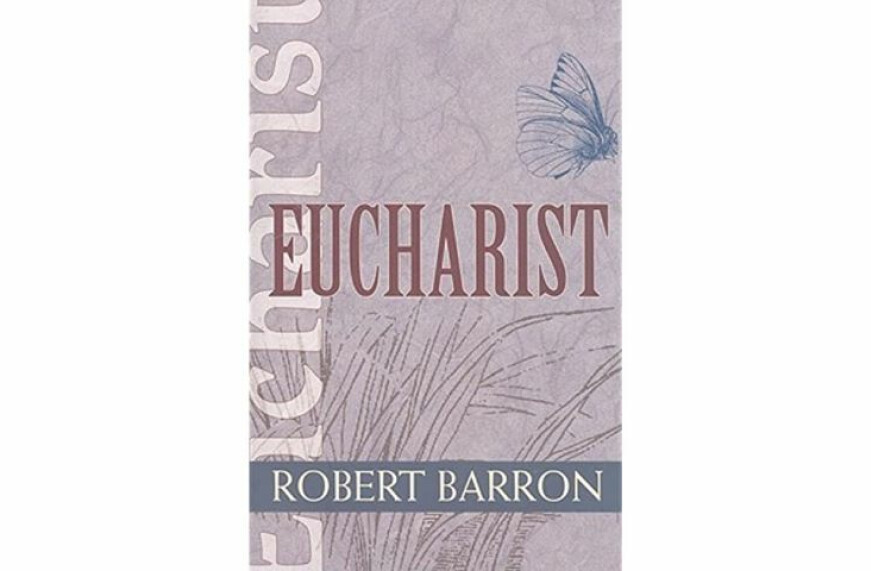Jesus and the Jewish Roots of the Eucharist: Unlocking the Secrets of the Last Supper

As a 2019 Pew Research study suggests, just one-third of American Catholics believe that Jesus is truly present in the Eucharist, but the transubstantiation is a unique and differentiating component of Catholicism compared to other Christian denominations who view the bread and wine as symbols of Jesus Christ, not the actual Divine Person. Of those two-thirds who do not believe, there is much confusion. Many do not know or understand this fundamental Catholic teaching. So what to do? Enter: Dr. Brant Pitre and his book, Jesus and the Jewish Roots of the Eucharist: Unlocking the Secrets of the Last Supper.
This book really is a must-read for Catholics, whether they are confident in their faith and want to help share the wonder and beauty of the Eucharist with family and friends, or if they struggle with this teaching and want to learn more about it. While Pitre has the chops to write a book that is highly academic, he makes Jewish Roots both intellectually satisfying while also keeping the style easy to read, making this a book that anyone from high school age and up would benefit from and enjoy.
Pitre doesn’t shy away from the hard truths, doing an excellent job of explaining the richness of scriptural texts, from the foreshadowing of the Eucharist in the Old Testament through to its institution at the Last Supper in the New Testament. The beauty of our Catholic faith comes from the meeting of Scripture and Tradition. Pitre relies on both, and offers guidance with a discussion guide and questions listed in the back of the book for anyone who would like to follow along with them or go deeper into the text.
A great book, whether you’re reading it on your own, with family, or in a study group, Dr. Brant Pitre’s Jesus and the Jewish Roots of the Eucharist, should be on every Catholics Must Read Book List.

